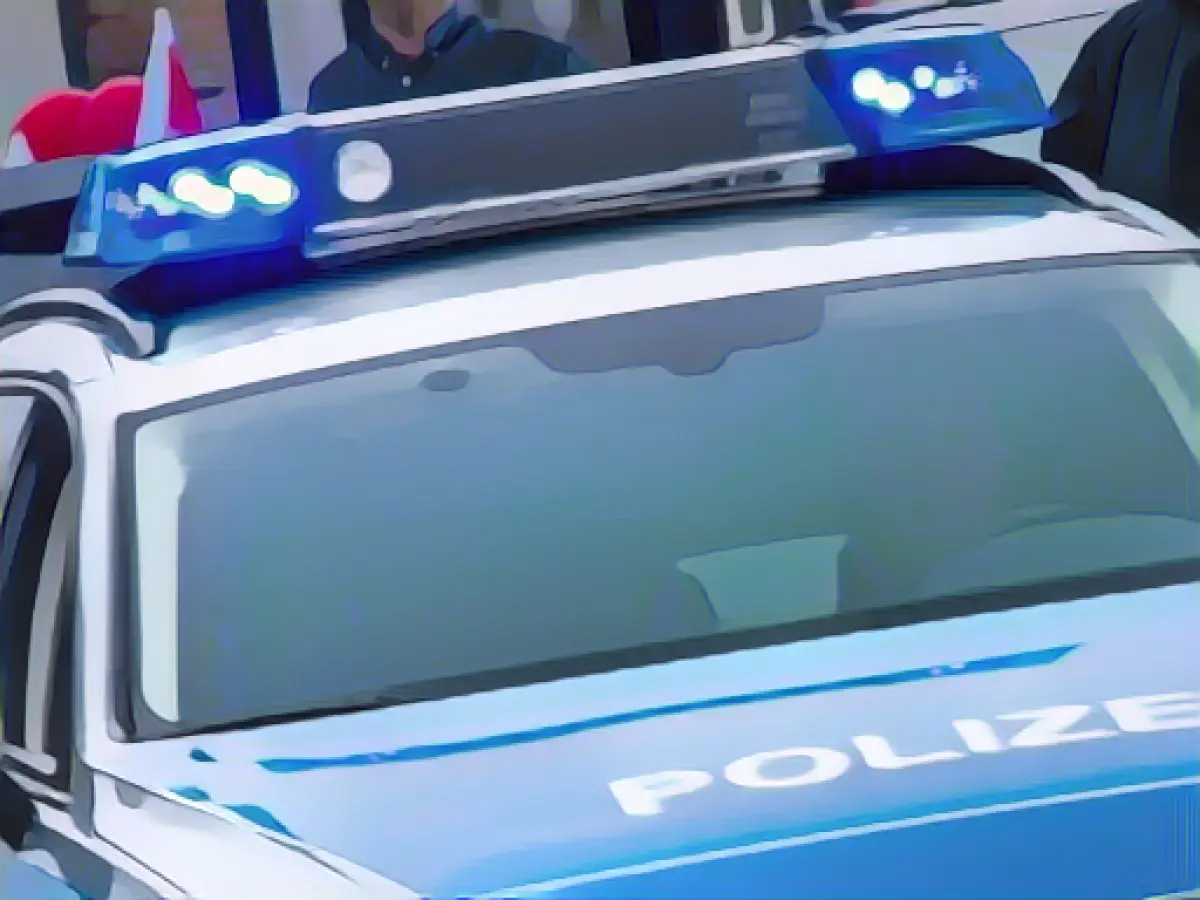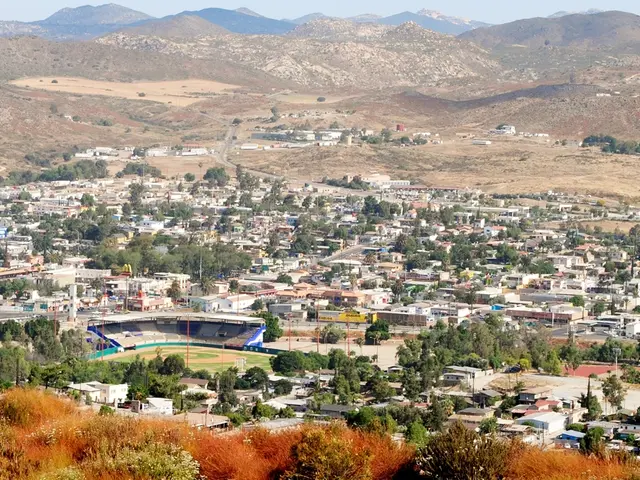Mysterious Posters Spark Investigation in Göttingen
Over the weekend, passers-by in Göttingen city stumbled upon an array of unwelcome sights. Dozens of posters, bearing the emblem of the Kurdish Workers' Party (PKK) and encouraging the lifting of the ban on the organization, popped up at various locations, such as bus stop shelters, electrical boxes, and cigarette vending machines. Confused and concerned, these individuals reported the discovery to the police on Monday. A thorough inspection revealed around 70 posters in total.
A stubborn storm of suspicion now looms over this seemingly innocuous act of poster-hanging. German authorities are now delving deep into the investigation, focusing on two key aspects: the dissemination of propaganda for terrorist organizations and potential property damage. Capitalizing on the assistance of a private company, the police is working to render the PKK posters virtually unrecognizable.
The PKK's long history of controversy has left its name etched in the annals of several international blacklists. Designated as a terrorist organization in Germany, the United States, and the European Union, the PKK has been banned from German soil since 1993.
Whipped up by this disturbing turn of events, authorities are also casting a wide net to explore any potential associations with terrorism. This incident serves as a stark reminder of the never-ending tide of terrorism and criminal activity that perpetually threatens our communities.
Source:
Insider's Perspective:
The origins of the PKK's controversial status can be traced back to its history of violent activities and alleged ties to international terrorism. The ban on the PKK in Germany is woven into the nation's broader counter-terrorism legislation, which includes measures like surveillance, restrictions on freedom of assembly, and prohibitions against PKK-related symbols.
Displaying such propaganda material can lead to severe punishments in Germany, with possible fines and imprisonment. However, critics within the Kurdish community argue that the ban constricts their political involvement and influences asylum and citizenship procedures. Organizations like KON-MED advocate for international solidarity and implore Germany to reconsider its stance, highlighting the human rights implications of such policies.
In the international arena, the PKK ban is echoed in other countries like Turkey and the United States, citing the organization's violent acts and suspected connections to worldwide terrorism.








